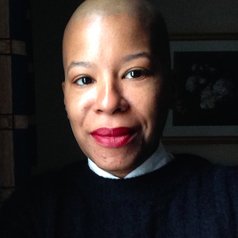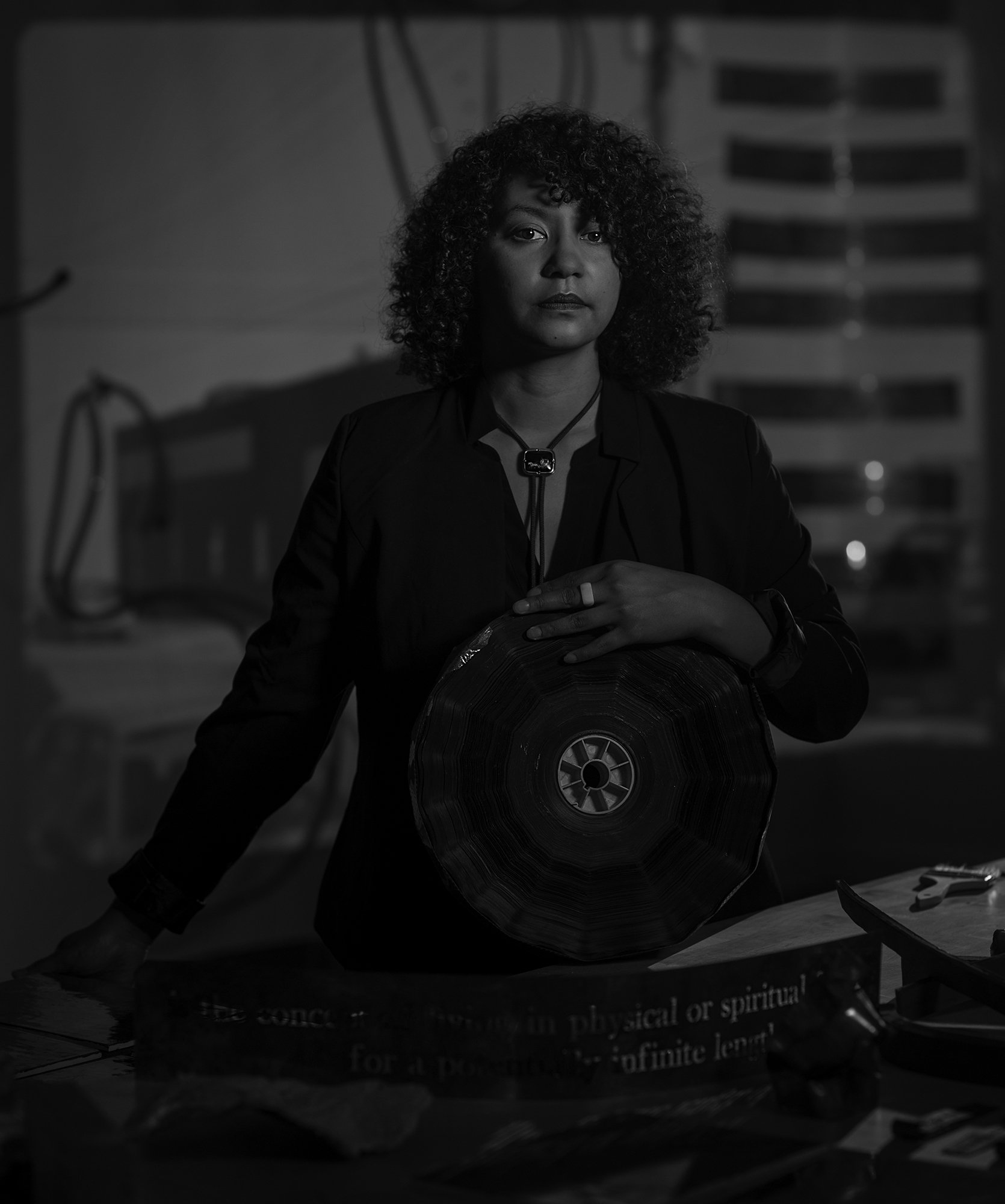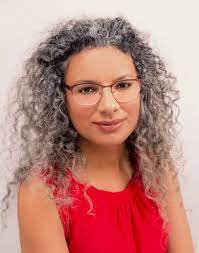After Archives / Archives After
March 31-April 1, 2023
Mt. Holyoke, UMass Amherst, Smith College
A two-day program that intersects artistic practice and theory to consider the ideas, methods, and desires of archival space as a site for creative production. Featuring the work of Lauren Russell, Crystal Z. Campbell and Christina Sharpe.
This symposium has been made possible by the generous contributions of the Five College Lecture Committee, Five College Women's Studies Research Center, Mount Holyoke College College Art Museum, Mary Elizabeth Johnson Lecture Fund, MHC Department of Gender Studies, MHC Diversity, Equity and Inclusion Office, Weissman Center for Leadership, MHC Department of English, MHC Department of Art, MHC Department of Critical Social Thought, UMass Women, Gender & Sexuality Studies, UMass, Trans & Queer Studies Colloquium, UMass Department of Art, UMass Department of English, W.E.B Du Bois Department of Afro-American Studies, Smith College Kahn Center, SC Department of Art, SC Archives Concentration, SC Department of Africana Studies, SC Boutelle-Day Poetry Center, SC Film and Media Studies, SC Study of Women & Gender.
Description
The Archive(s) have been a part of methodological and discursive praxis in the artist’s studio for years. Between recovery, erasure, and reimagining, once rarified at the periphery of artistic engagements, the process of mining collections of memory, both public and private, have become a prescient form of creative activity. Artists use archive, the archive, archives, to reconstruct historical narratives; sometimes playing the role of either community-centered or institutional archivist, themselves. Freed from the logistical center of colonial and post-colonial world order, as Sue Breakall writes “Archives no longer belong to the lawmakers and the powerful; archivists see themselves as serving society rather than the state.” We now practice the ways in which public, private, political, beauocratized, and historically marginalized people are all fragmented and formed throughout the archive, which suggests a space that is not contained by subject or field of practice. The way one comes upon the site and space of archival recovery is unique to both the material frozen or fluid in time, and the person and their subjectivities. Hal Forster notes of this turn toward interventions in the archive and “its utopian ambition – its desire to turn belatedness into becomingness, to recoup failed visions in art, literature, philosophy, and everyday life into possible scenarios of alternative kinds of social relations, to transform the no-place of the archive into the no-place of utopia … [a] move to turn ‘excavation sites’ into ‘construction sites’.”
As the 21st century border between our daily lives and what we can capture and record of our daily lives has in some sense collapsed completely through social media and data collection. Are we all part of a constant and global process of creating and amending a digital archive? Yet, as we continue to broaden the terminology and language of memory and future-memory work through archives, what lineage or genealogy of archival retrieval are we working from? What methodologies for artists define the archive? Sometimes composed of nearly everything that can be collected, framed through processes of memory and interpreted to render meaning, we archive. In her essay, The House Archives Built, Dorothy Berry, says “The archive is nebulous, but archives are institutions defining documentary history: the things within the archive are the facts and the things without are suspect. The word holds such power because without archives we have memory, and to value memory as fact requires a transformative mindset that institutions seem to feel they cannot survive.” The archive is sort of a mythic set of entanglements, encompassing time, geography, embodiments, and sedimentary elements of historical process. Yet, individual archives are specific, whether IRL or online, or as hybridized access points, they exist through some discrete process of naming and perceived knowing. By bringing together artists and visual makers and thinkers who use the archive or archives as sets of artistic material through which to consider the present, this panel and workshop(s) will seek to share framework practices, and consider where the archival impulse exists today.
Does the conceptual apparatus of the archive provide artists a terrain through which to explore unrecognized histories, counternarratives to confront historical myth, or a space to create futurisms from which we then look back in time? Do we risk aestheticizing the past? Speaking to this space of collapsing the past and present, silenced stories, and geographical a priori, John Akomfrah once said, “the blurring of boundaries and borders is in fact an ethical and aesthetic strategy”. Perhaps our continuing archival work lives in working to conjure and imagine new ethical strategies that hold accountable the failed ethical orders of the past. What are our archival strategies? What have we learned that garners us with more possible present and futures, and what potentially recapitulates the past through nostalgia? There is a form of serious and critical “play” at work for those who engage in what is lately called memory work. We understand archival administration to be a technology of the colonial project, and yet, this is not the sole bearing of archival space. If the project of western History, which has mapped itself so thoroughly through our lives, is constructed and performed through image and narrative that assemble, reassemble, settle, and fix relations of colonial/imperial power structures. Can archival play and archive at the margins create an index of imaginative tools for unfixing those same systems?
After Archives // Archives After brings together creative practitioners in writing and visual art, joined by people in the 5 College community to ponder questions of the archive. Join us,
Co-organizers, Cameron Awkward-Rich, Alexis Callender, and Sarah Stefana Smith
For a full program schedule click here


